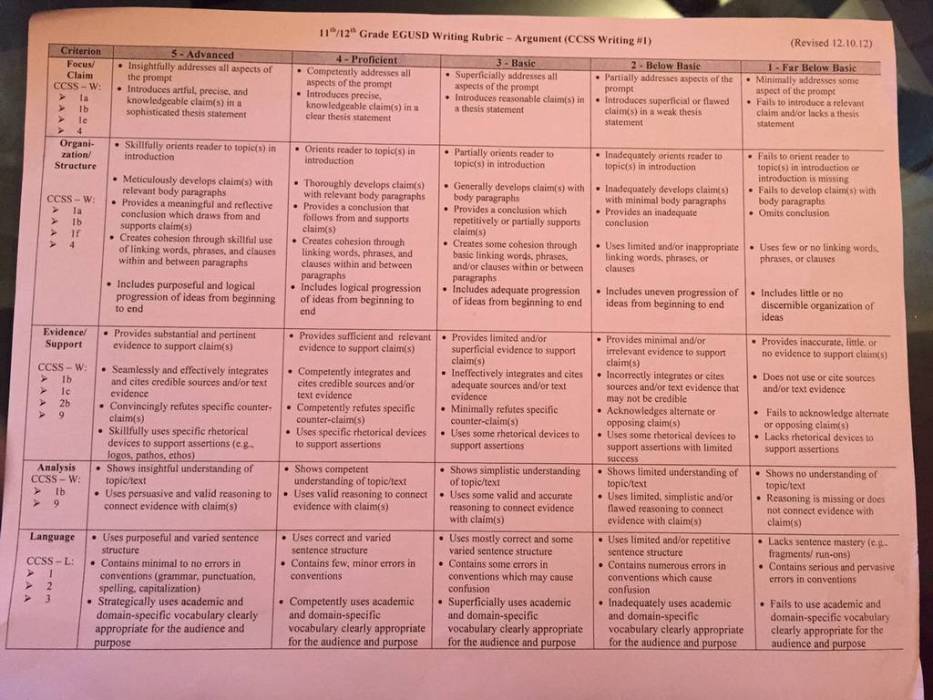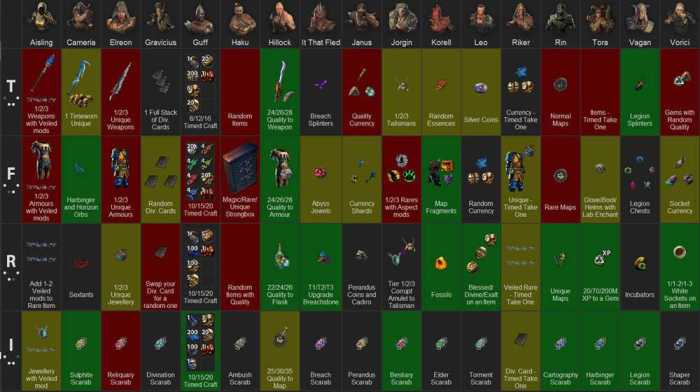Unlocking the mysteries of your POE final exam is a quest filled with anticipation and the promise of academic triumph. With the POE final exam answer key as your guiding light, you can navigate the complexities of the exam with confidence and precision.
This comprehensive guide provides an in-depth analysis of the exam content, question types, and answer verification process. Embark on this literary expedition, and let the answer key be your compass, leading you towards a successful outcome.
Exam Content

The final exam for Poe will cover a wide range of topics, including his life and work. Specific areas of focus within each topic include:
Life:
- Poe’s early life and education
- His military service
- His marriage to Virginia Clemm
- His death
Work:
- His poetry
- His short stories
- His novel, The Narrative of Arthur Gordon Pym of Nantucket
The exam will also include a section on Poe’s literary criticism. Students should be familiar with Poe’s major works, as well as his critical essays on literature.
Got your POE final exam answer key ready? If not, you might want to check out this crossword clue on the job for some inspiration. It could help you get the answers you need to ace your exam.
Answer Key Structure
The answer key is structured to provide clear and concise responses to the exam questions. It is organized into sections corresponding to the exam sections, with each question matched to its respective answer.
To match questions with answers, the answer key uses a combination of question numbers and answer identifiers. Each question is assigned a unique number, and each answer is assigned a corresponding identifier. The identifiers are used to cross-reference the questions and answers, ensuring that each question is matched to the correct answer.
Question Identification
The questions in the answer key are identified by their section and question number. For example, question 1 in section A would be labeled as “A1”.
Answer Identification, Poe final exam answer key
The answers in the answer key are identified by their corresponding question identifiers. For example, the answer to question A1 would be labeled as “A1_Answer”.
Question Analysis
The exam comprises various question types, each designed to assess different cognitive skills and understanding of Poe’s works.
Questions range from objective multiple-choice and true/false items to subjective short answer and essay responses. Objective questions test basic knowledge and comprehension, while subjective questions require higher-order thinking skills, such as analysis, interpretation, and critical thinking.
Question Difficulty and Cognitive Skills
- Multiple-Choice Questions:Typically easier, requiring recognition and recall of information.
- True/False Questions:Assessing basic understanding and ability to distinguish between fact and fiction.
- Short Answer Questions:Requiring concise and specific responses, demonstrating comprehension and ability to articulate key points.
- Essay Questions:Complex and open-ended, testing students’ ability to analyze, interpret, and present their ideas in a well-organized manner.
Answer Verification
To ensure the accuracy of the answer key, a thorough verification process is essential. This involves cross-checking the answers against the original exam questions, course materials, and any relevant sources used in creating the answer key.
Additionally, seeking feedback from subject matter experts or experienced educators can help identify potential errors or discrepancies. This collaborative approach enhances the reliability and validity of the answer key.
Identifying Potential Errors
- Inconsistencies between the answer key and the exam questions, such as mismatched question numbers or incorrect question phrasing.
- Contradictions or ambiguities in the answers, leaving room for multiple interpretations.
- Answers that deviate from established course content or reputable sources, indicating potential errors in knowledge or understanding.
- Typographical or formatting errors that may affect the clarity or accuracy of the answers.
Study Guide: Poe Final Exam Answer Key

To ace your final exam, it’s crucial to have a solid study plan. This guide, based on the official answer key, will help you identify key concepts and provide additional resources to enhance your review.
Key Concepts
- Theme Analysis:Understanding the central themes and motifs of the literary works.
- Character Development:Analyzing the motivations, relationships, and growth of literary characters.
- Literary Devices:Identifying and interpreting the use of literary devices, such as symbolism, foreshadowing, and irony.
- Historical Context:Understanding the historical and cultural context in which the literary works were written.
- Close Reading:Paying meticulous attention to the language, structure, and imagery of the text.
Additional Resources
Supplement your studies with these resources:
- SparkNotes:Comprehensive study guides with summaries, analysis, and quizzes.
- Khan Academy:Free video lessons and practice exercises on literary analysis.
- Google Scholar:Access academic articles and research on literary topics.
- Your Instructor’s Office Hours:Utilize your instructor’s expertise for clarification and guidance.
- Study Groups:Collaborate with classmates to discuss concepts and practice exam questions.
Performance Assessment

Evaluating student performance using the answer key is crucial to assess their understanding and accuracy in answering exam questions. A well-designed assessment method can provide valuable insights into student learning and identify areas where further support may be needed.
To design an effective assessment method, consider the following steps:
Criteria for Evaluation
Establish clear criteria for evaluating student performance. These criteria should align with the learning objectives and the specific questions being assessed. Consider the following factors:
- Accuracy: The extent to which student responses match the correct answers provided in the answer key.
- Completeness: Whether students have provided all the necessary information and addressed all parts of the question.
- Clarity and organization: The clarity and organization of student responses, including the use of appropriate language, grammar, and structure.
- Critical thinking and analysis: The ability of students to analyze and interpret information, draw inferences, and justify their conclusions.
- Problem-solving: The ability of students to apply knowledge and skills to solve problems and reach valid solutions.
General Inquiries
What is the format of the POE final exam answer key?
The answer key is organized in a clear and logical manner, matching questions to their corresponding answers. It utilizes a consistent structure to ensure ease of use and quick reference.
How can I verify the accuracy of the answers provided in the answer key?
The answer key undergoes a rigorous verification process to ensure its accuracy. Multiple experts review the answers, and any potential errors or discrepancies are identified and corrected.
Is there a study guide based on the answer key?
Yes, the answer key is accompanied by a comprehensive study guide that highlights key concepts and provides additional resources for review. This guide is designed to enhance your understanding and reinforce your learning.